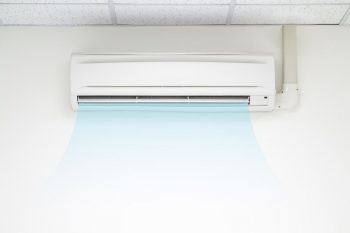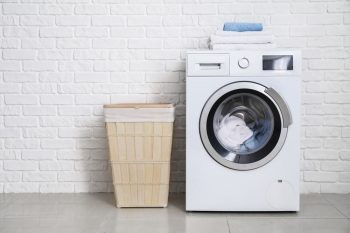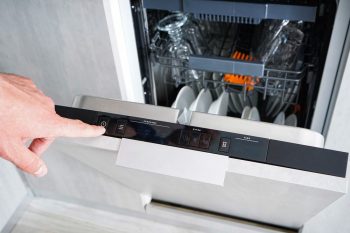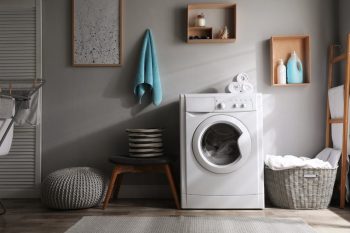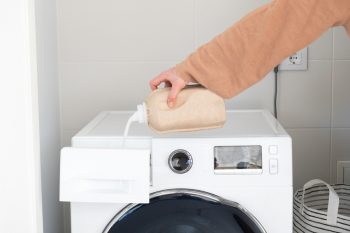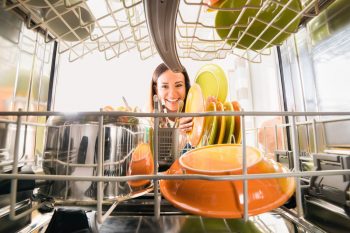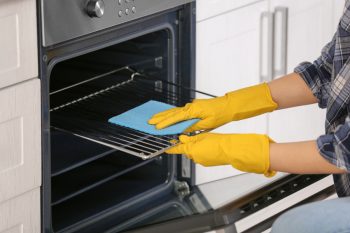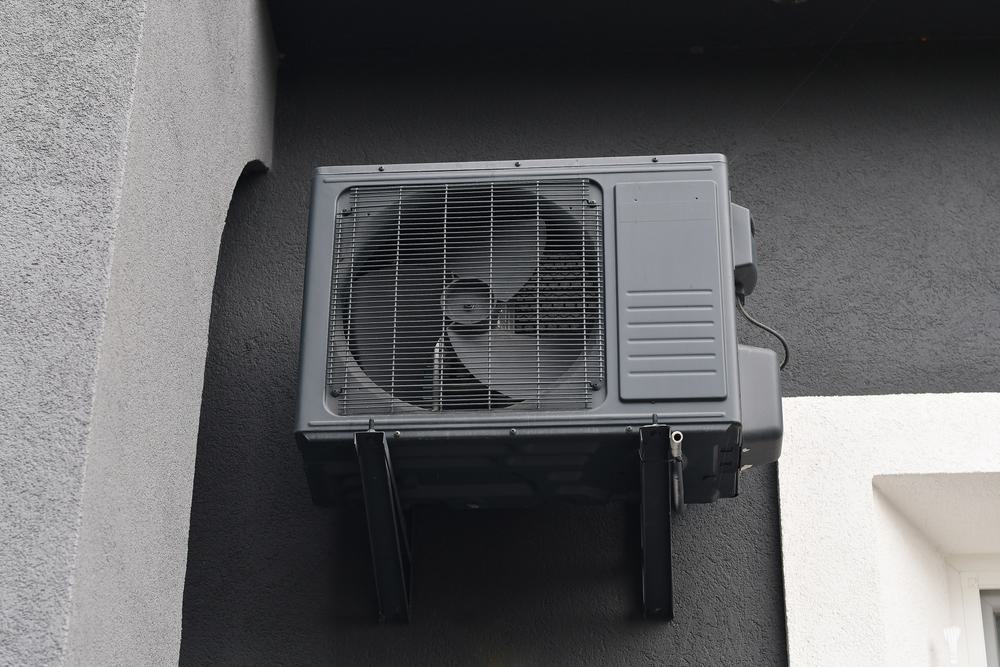
Air conditioning systems are essential for maintaining comfort in our homes, especially during the hot summer months. However, there are times when you might find your air conditioning system not cooling your home as expected, and you may even notice the temperature going up instead of down. This article will delve into the possible reasons why your AC isn’t cooling properly and provide solutions to help you troubleshoot and resolve the issue.
Your AC might be going up instead of down due to several reasons such as incorrect thermostat settings, a dirty or clogged air filter, a blocked or obstructed condenser unit, low refrigerant levels, dirty cooling coils, or an old or undersized AC system. Troubleshooting these issues can involve checking and adjusting the thermostat, replacing or cleaning the air filter, cleaning the condenser unit, and checking refrigerant levels. If these steps do not solve the problem, it’s recommended to contact a professional HVAC technician.
Common Reasons Why Your AC is Not Cooling Properly
Several factors can cause your AC system to struggle with cooling your home effectively. Here are some common issues:
1. Incorrect Thermostat Settings
Believe it or not, the problem could be as simple as incorrect thermostat settings. Ensure that your thermostat is set to “cool” and the temperature is set lower than the current room temperature. If your thermostat is malfunctioning, try changing the batteries.
2. Dirty or Clogged Air Filter
Air filters play a crucial role in maintaining the efficiency of your AC system. A dirty or clogged air filter can restrict the airflow, forcing your AC to work harder to cool your home. This not only increases your energy bills but can also lead to overheating and damage to your AC system.
3. Blocked or Obstructed Condenser Unit
The outdoor condenser unit plays a vital role in dissipating heat outside your home. If the unit is blocked with debris or dirt, it can hinder its ability to remove heat, causing your AC to struggle with cooling your home.
4. Low Refrigerant Level
Refrigerant is the substance that your AC system uses to remove heat and humidity from the air in your home. If your AC system has a refrigerant leak or is low on refrigerant, it will struggle to cool your home.
5. Dirty Cooling Coils
Dirty cooling coils can hinder the heat transfer process, forcing your AC to work harder to cool your home. This can lead to higher energy consumption and potential damage to your AC system.
6. Old or Undersized AC System
An old or undersized AC system may not have the capacity to handle the cooling demands of your home, leading to inadequate cooling.
Troubleshooting Your AC System
If you’re experiencing issues with your AC system, here are some troubleshooting steps you can take:
- Check the thermostat: Make sure it’s set to “cool” and the temperature setting is lower than the current room temperature.
- Inspect the air filter: Replace it if it’s dirty or clogged. According to the US Department of Energy, replacing a dirty, clogged filter with a clean one can lower your air conditioner’s energy consumption by 5% to 15%.
- Clean the coils: If the cooling coils are dirty, clean them to improve the efficiency of your AC.
- Check the condenser unit: Make sure it’s not blocked with debris or dirt. Clean it if necessary.
- Check the refrigerant levels: If you suspect a refrigerant leak, contact a professional HVAC technician.
If these steps do not resolve the issue, it is best to contact a professional HVAC technician to diagnose and fix the problem. Remember, regular maintenance and inspection of your AC system can help prevent these issues and ensure optimal cooling performance.
Conclusion
In conclusion, several factors can cause your AC to struggle with cooling your home. By understanding these factors and knowing how to troubleshoot your AC system, you can ensure that your home remains comfortable even during the hottest summer months. If you’re still struggling with your AC system after troubleshooting, don’t hesitate to contact a professional HVAC technician for assistance.
Frequently Asked Questions
How often should I replace my AC air filter?
The frequency of replacing your AC air filter depends on various factors such as the type of filter, the air quality in your home, and whether you have pets. However, as a general rule, it’s recommended to replace your air filter every 30 to 90 days.
How can I tell if my AC system is low on refrigerant?
Some common signs that your AC system might be low on refrigerant include: your AC is not cooling your home effectively, you hear a hissing or bubbling noise (indicating a refrigerant leak), or frost build-up on the AC’s evaporator coils.
What do I do if my thermostat is not working?
If your thermostat is not working, first check if the batteries need to be replaced. If the batteries are fine, the thermostat might be faulty or improperly calibrated. In this case, it’s best to contact a professional HVAC technician.
How often should I have my AC system serviced?
It’s recommended to have your AC system serviced at least once a year, preferably in the spring before the hot summer months. Regular maintenance can help identify potential issues early and ensure your AC system is running efficiently.
Can I clean the AC coils myself?
Yes, you can clean the AC coils yourself, but it’s a task that requires care. Before you start, make sure to turn off the power to the unit. Then, you can use a coil cleaner available at most home improvement stores. However, for a more thorough cleaning or if the coils are significantly dirty, it’s best to hire a professional.



